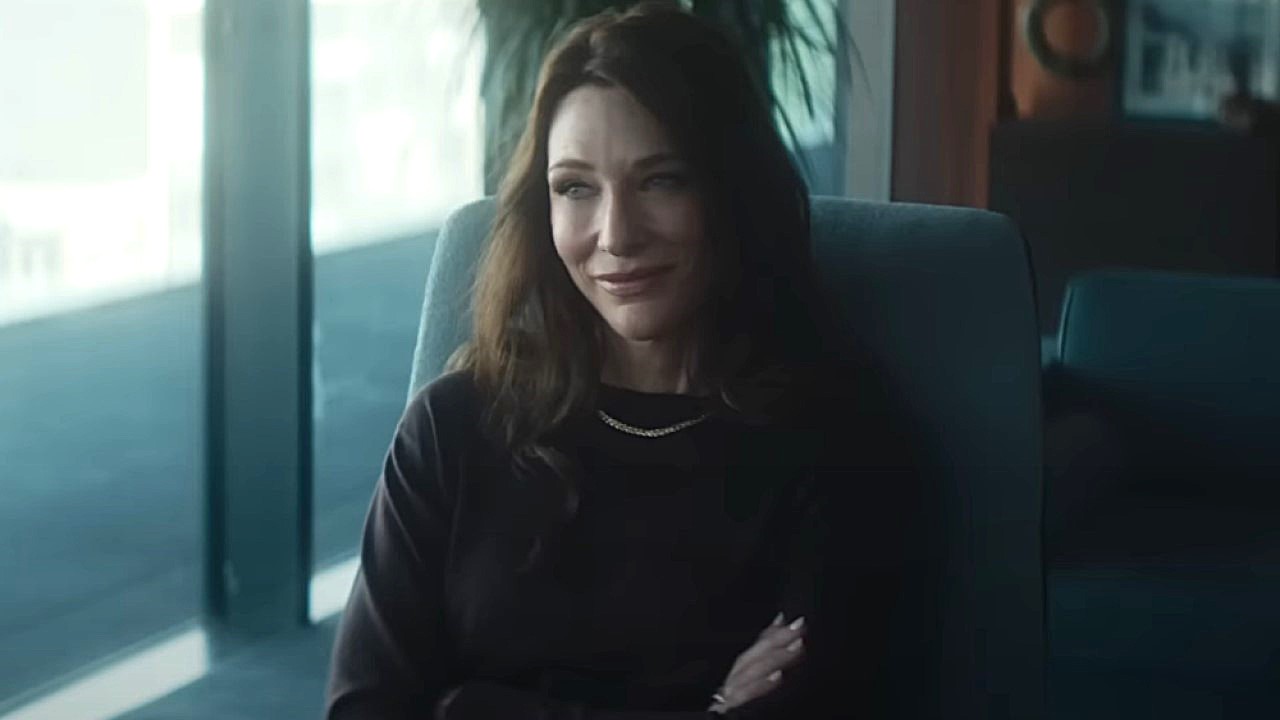Jason Reitman and Diablo Cody’s Young Adult is a polarizing vehicle from the very start, showing the life of a thirty-something who left her small hometown for the big, elegant city and has spent every moment since making decisions leading to her own unhappiness. When we first meet protagonist Mavis Gary (Charlize Theron), she is hung over and unwashed. She’s also a poor pet owner and a young adult novelist whose series is about to end. With no new job prospects and no relationships to keep her going, it would be no surprise if this were rock bottom, but for Mavis, this is only the beginning. After finding out her first love, Buddy Slade (Patrick Wilson), has recently had a baby, Mavis proclaims him to be a hostage in his personal life and embarks on a trip home to save him from the misery of his marriage. Of course, she doesn’t bother telling anyone she is coming back to Mercury, Minnesota, so on her first night home, she’s stuck drinking in a bar alone. There she meets up with Matt (Patton Oswalt), a townie with a gimp whom Mavis can barely remember, but who will become integral to her storyline. After getting obnoxiously drunk, Mavis lets slip her dirty little secret.
Matt, of course, finds Mavis’ desire to run home and break up a marriage to be abhorrent. Mavis, however, sees herself as a feminine knight in shining armor, taking her ex-lover away from a place he once told her he wanted to leave. This delusional outlook is certainly unhealthy, but it does keep Mavis from having to face the reality of her unkempt, unhealthy, borderline-psychopathic self. Theron, true to character, plays this up with all the style and humor a comedy as bleak as Young Adult could possibly muster out of her.
Then Buddy enters the picture, and we get a glimpse at his life, his beautiful newborn baby, and his congenial wife, Beth (Elizabeth Reaser). Buddy himself is sort of an “aww shucks” kind of guy, who doesn’t quite know how to handle Mavis’ specifically aggressive flirting -- which doesn’t do much for Wilson’s acting abilities, but does help to keep the focus on Mavis herself.
After spending an evening wooing her married ex lover, Mavis decides she will pull out her ace during the baby’s shower. The night before, the audience is privy to perhaps the only legitimate conversation we get to see Mavis have. She and Matt, hammered as usual, call each other out on all of their embittered hang-ups. We’ve seen Mavis’ hate bubble up to the surface before this, but here Matt’s words actually manage to make her vulnerable. It only lasts for a few minutes, but those minutes make us wonder if Mavis might have a spark of self-awareness inside, somewhere, after all. If it doesn’t do that, it certainly enables us to see the Patton Oswalt of King and Queens in a brand new light.
Despite 90 minutes of Mavis and Matt calling each other out on their own shit, despite Mavis finally hitting rock bottom when there is every indication she could have pulled herself out at any time, and despite being rejected in a very public forum, Mavis never learns anything about herself and never changes. Reitman’s third act is a far cry from what he attempted in his more hopeful film, Juno. What is brave and bold and wholly unexpected is also incredibly simple, a scene which leaves Mavis exactly where she started: jobless, alone, and unhappy, which is where she wants to be, anyway. “Misery Loves Company,” a making-of segment, is the first extra on the disc. Cody and Reitman both appear to give their two cents about the filmmaking, but several of the actors also speak out about the film, including Oswalt, Theron, and others. The second featurette, “The Awful Truth,” takes a look at Diablo Cody’s Young Adult script through a scene between Mavis and Matt that dissects how the two feed on their hate and develop a bond because of it.
The next segment is a lengthy Q&A with Reitman shot at the Jacob Burns Film Center. Some of the fodder in the interview is a little redundant with the “Misery Loves Company” segment, but if you are super interested in why many of the decisions in Young Adult were made, Reitman is good about clarifying, as well as passing on many interesting stories from the set. Audience members also ask questions toward the end of the interview, thus the Q&A.
Usually, deleted scenes are thrown on at the beginning of the disc, but someone was confident enough with the deleted scenes on Young Adult to round out the disc with them. To whomever made that decision’s credit, a couple of the scenes are really funny, and a couple more are really well-written and could have worked in the film. There’s not a lot to the disc, but what is there says much about the intricacies of the film.
Wait, Is Cate Blanchett Planning To Retire From Acting? Here’s What The Actress Says
If You Like Drop, There's Another Real Time Thriller You Need To Watch Immediately
'You Feel Like You’re On The Team With Michael Jordan.': The Handmaid's Tale Cast Shares What It's Like Working With Elisabeth Moss As She Directs, Stars, And Produces











